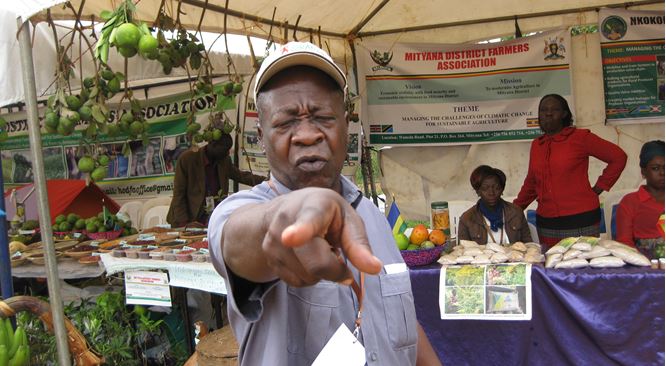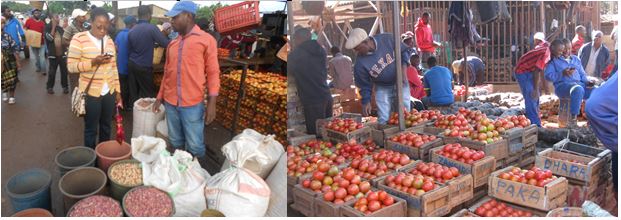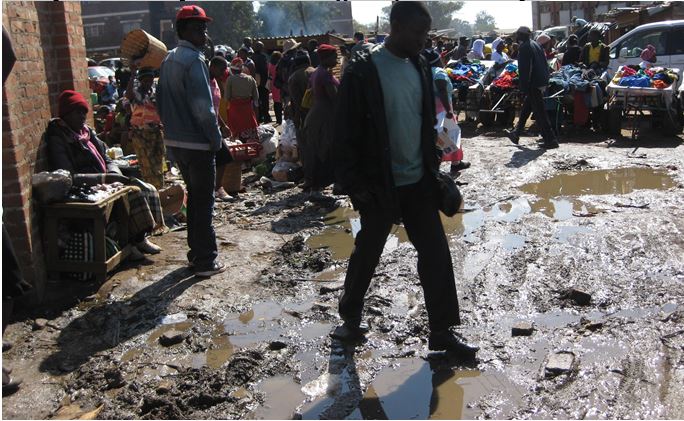How can the predatory nature of development efforts be tamed?
Many rural communities in low income countries are fed up with the predatory nature of external development initiatives. According to the WordWeb dictionary, a predatory animal is one that lives by catching and preying on other animals. Predatory tendencies also include living by or victimizing others for personal gain. When development agencies move into rural Read more about How can the predatory nature of development efforts be tamed?[…]










